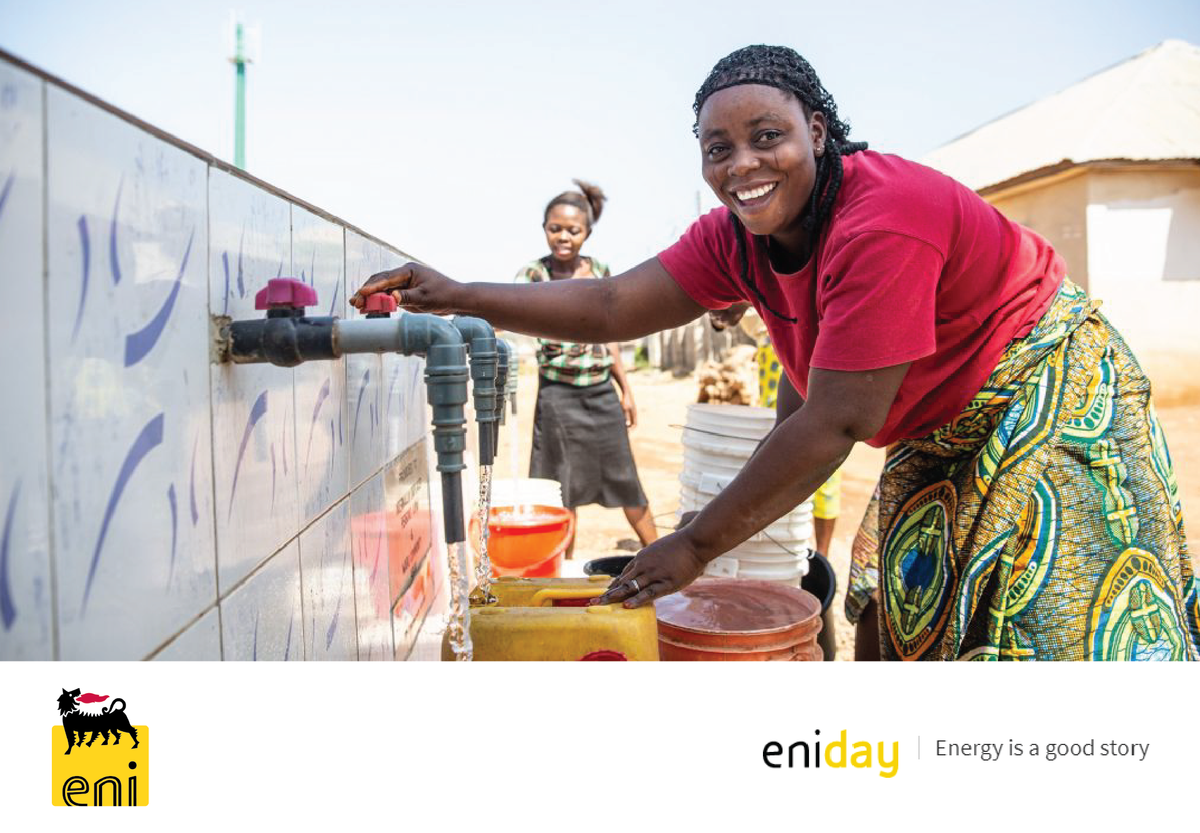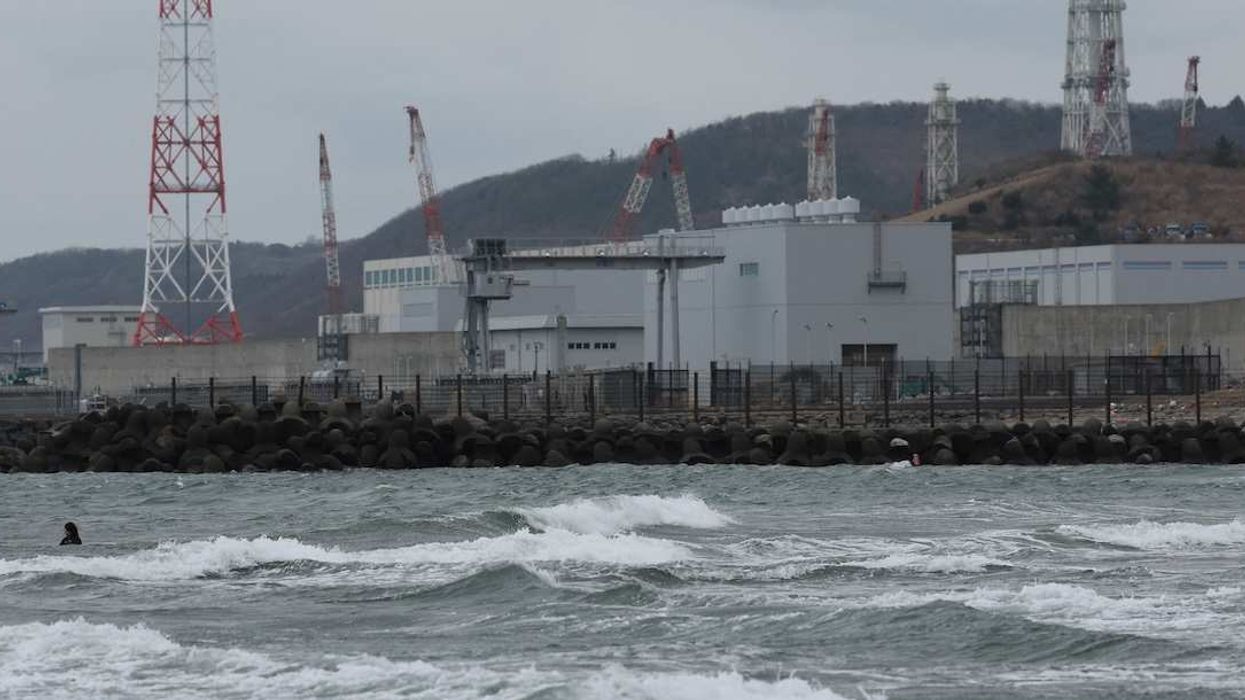Water is the basis of life. Safe and reliable access to this primary resource is essential. The construction of the Waru well in Nigeria is a tangible example of Eni's commitment to local sustainable development.
Sponsored posts
Supporting Sustainable Development by Constructing Wells in Nigeria

















